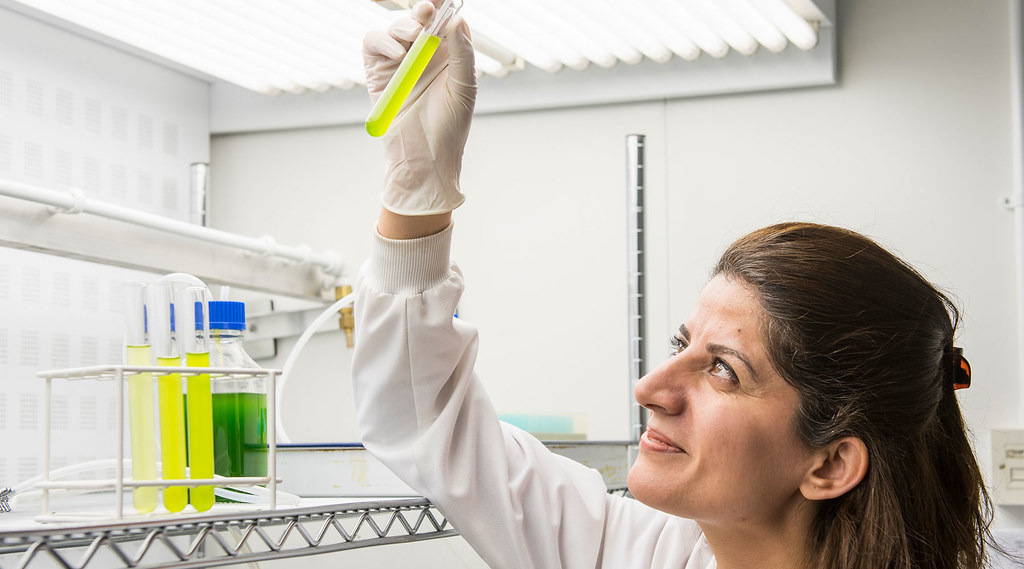Chronic obstructive pulmonary disease (COPD) - a collection of lung conditions which includes chronic bronchitis and emphysema - affects around 64 million people worldwide.
People with COPD can experience shortness of breath, persistent coughing, excessive phlegm production and frequent chest infections.
In the UK alone 900,000 people have been diagnosed, although NHS estimates suggest there are up to 3 million sufferers of the disease across the country. The disease also causes 58 million lost workdays each year, and the annual economic cost has been estimated at over $30 billion.
COPD was the third leading cause of death in the developed world in 2012, and causes 25,000 deaths annually in the UK. The World Health Organisation predicts that deaths caused by COPD are likely to increase by over 30% in next 10 years unless action is taken.
Conventional inhalers aren't enough for patients with lung problems
Dry powder inhalers are frequently used to treat COPD and alleviate these symptoms. They generate fine drug particles, less than 5μm in diameter, which are stored as a powder.
When a user breathes in through the inhaler's mouthpiece, they breath in the powder as an aerosol cloud, which is then drawn into the lungs. The drug particles are highly cohesive, so need to be blended with larger 'carrier' particles to improve the flow of the powder.
These combined particles are too large to penetrate the lungs, so the drug particles must rapidly be separated from their carriers before the drugs can reach their target and have a positive effect.
The patient's inhalation must create enough airflow to forcefully separate these particles. But for patients with lung problems, the required strength of breath can be difficult or impossible to achieve.
This made existing inhalers inefficient and inconsistent - only 15-30% of the drug was delivered to its target in the lungs.
Pollen grains inspire a new solution
In the mid-1990s, pharmaceutical scientists in the Department of Pharmacy & Pharmacology focused on formulation technologies to increase the control and efficiency of drug delivery from dry powder inhalers.
Inspired by studies of the aerosolisation of pollen grains, the team developed innovative blending methodologies which led to the filing of key patents in 1994 and 1995.
Researchers used new force control agents, notably magnesium stearate and L-leucine, to provide enough adhesion between particles to initially form an aerosol cloud, but still allow the drug particles to quickly separate from the carriers once the cloud is inhaled.
To best exploit the original research work, the University merged the research group with Vectura - a recently formed biotech company - in 1999.
This provided Vectura with the novel technology and innovation,derived from the University’s research. Alongside their existing device engineering programme, Vectura were able to create significantly more efficient dry powder inhalers - delivering up to 80% of drug particles into the deep lung.
Use of these inhalers leads to an increase in the diameter of the airways in the lungs, providing extended relief and easier breathing to patients.
Bringing the technology to the market
Major pharmaceutical companies continue to draw upon the original University of Bath research and resulting technology.
The PowderHale® technology - developed at the University of Bath, and subsequently Vectura - has been licensed by many of the world's largest pharmaceutical companies, including Novartis and GlaxoSmithKline.
Novartis
Working with Vectura, Novartis developed Seebri® Breezhaler® and Ultibro® Breezhaler®, once-daily, maintenance bronchodilators for the relief of various symptoms caused by airways obstruction.
Both products have been approved in the EU and Japan at the end of 2012 and has now been launched by Novartis. Ultibro® Breezhaler® - a first-in-class combination bronchodilator - was approved in Japan and the EU in September 2013.
Under the terms of the licence agreement with Novartis concerning these products, Vectura has already received $52.5 million - with an additional $100 million anticipated upon achievement of regulatory and commercialisation targets.
GlaxoSmithKline
In 2010, Vectura signed a collaboration agreement with GlaxoSmithKline for use of Vectura's powder drug formulation.
GlaxoSmithKline's BREO™ ELLIPTA™ inhaler was approved by the US Food and Drug Administration in May 2013, and the company has filed a second product for approval in the US, EU and Japan.
REF submission
This research was part of our REF 2014 submission for Allied Health Professions, Dentistry, Nursing and Pharmacy.



